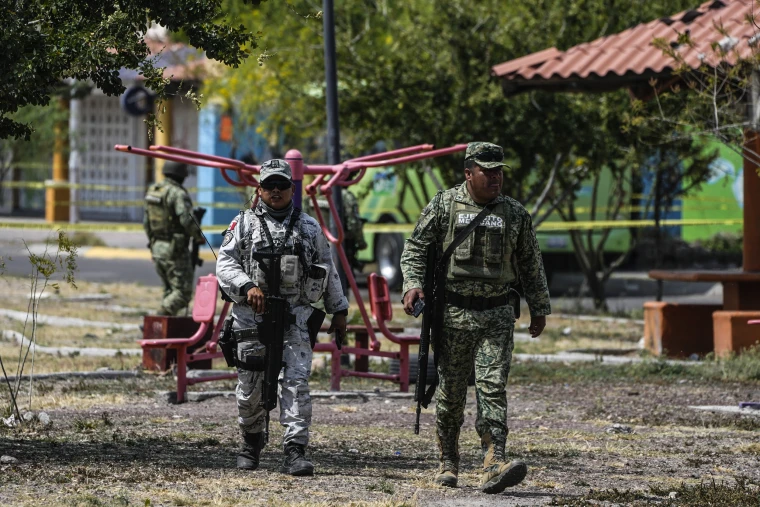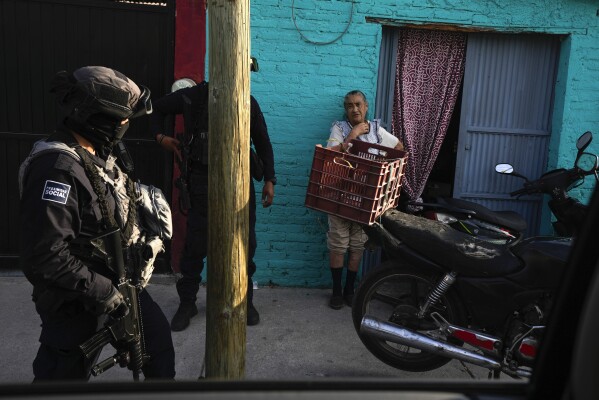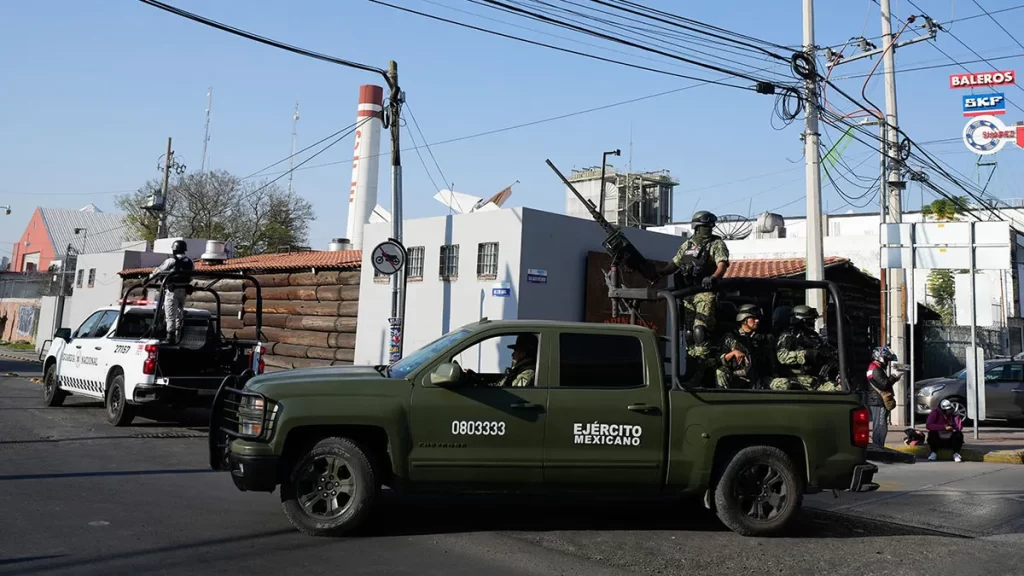The Mexican city of Celaya, located in the violence-plagued state of Guanajuato, has become the most dangerous city for police officers in the Western Hemisphere following a series of coordinated attacks that left two more officers dead. This latest incident brings the total number of Celaya police officers killed in 2024 to a staggering 18, highlighting the severe security crisis facing the region.

Authorities reported that gunmen opened fire on police in at least four different locations in and around Celaya on Wednesday. The attacks, which targeted both armed officers and unarmed traffic police, bear the hallmarks of organized crime, with federal officials and local police sources pointing to the brutal Santa Rosa de Lima gang as the likely perpetrators.
President Andrés Manuel López Obrador expressed deep concern over the situation, stating, “This is something that worries us a lot, and more than that it hurts.” The president’s comments underscore the gravity of the security situation in Celaya and the broader Guanajuato state, which currently leads Mexico in homicides due to ongoing drug cartel and gang turf wars.

One particularly troubling incident involved gunmen opening fire on three unarmed municipal traffic officers as they were setting up a checkpoint to verify vehicle registrations. This attack on civilian law enforcement personnel demonstrates the boldness and ruthlessness of the criminal organizations operating in the area.
Celaya, a city of approximately 500,000 inhabitants, has become a focal point of cartel violence in recent years. The targeted attacks on police officers not only undermine public safety but also pose a significant challenge to law enforcement efforts to combat organized crime in the region.

The situation in Celaya reflects the broader security challenges facing Mexico, particularly in states like Guanajuato where rival cartels vie for control of lucrative drug trafficking routes and other criminal enterprises. The persistent violence against law enforcement officers raises serious questions about the effectiveness of current security strategies and the resources available to local police forces.

As federal and state authorities grapple with this escalating crisis, the residents of Celaya and surrounding areas continue to live under the shadow of cartel violence. The ongoing attacks on police officers not only jeopardize public safety but also threaten to erode trust in law enforcement institutions, potentially creating a vicious cycle of insecurity and impunity.
The international community watches with concern as Mexico struggles to address this critical security situation, recognizing that the violence in cities like Celaya has implications that extend far beyond the country’s borders.


